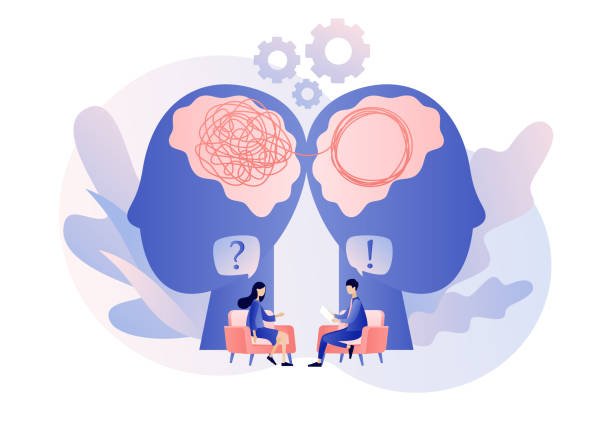
ADHD Isn’t Just About Distraction—Here’s What’s Really Going On
Struggling with focus, time management, or emotional overwhelm? ADHD affects more than attention—it impacts the brain’s ability to regulate motivation, emotions, and daily tasks. In this post, we explore what ADHD really feels like, how it shows up in adults, common symptoms like time blindness and sensory overload, and why it’s often misunderstood—especially in women. Learn how ADHD counselling can help you manage symptoms and tap into your strengths.

Counselling Isn’t Just for Crisis: Why Therapy Can Help You at Any Stage of Life
Counselling isn’t just for when life falls apart. Whether you’re feeling stuck, navigating a life transition, or simply want to better understand yourself, therapy can be a powerful tool for growth. Learn how our private counselling practice in Coquitlam can support you—no crisis required.

